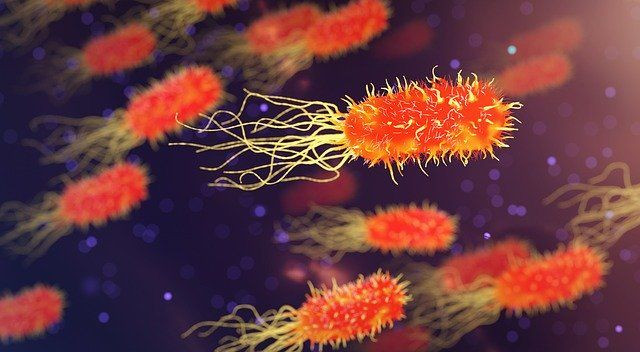Dirty Hotels, Food And Water Might Infect Travelers With New Antibiotic-Resistant 'Superbugs'
KEY POINTS
- International travelers might contract new bacterial strains in gut microbiome: Study
- Lack of proper sanitation and poor agricultural practices spread bacterial diseases
- Dense population is also one of the reasons for the transmission of diseases
An avid traveler, who loves sampling new dishes as they hop from one off-beaten path to another, might return home with deadly antibiotic-resistant bugs that they could pass on to their loved ones and community.
New research has found international travelers being affected with a variety of novel drug-resistant microbes, the Washington University School of Medicine said.
Adventurous travelers who care little about whether they are eating clean food or if they are resting their heads on properly washed sheets are especially at risk. According to the researches, contaminated drinking water and food, or poorly sanitized restrooms, restaurants, hotel rooms and public transportation can spread "superbugs."
Prior to this new research, jointly conducted with Maastricht University in the Netherlands, experts already knew that travelers are possible carriers of drug-resistant bacteria.
"But what's new here is that we've found numerous completely novel genes associated with antimicrobial resistance that suggest a worrisome problem on the horizon," Alaric D'Souza, research co-author and an MD/Ph.D. student at Washington University said in the report.
The research, published in Genome Medicine Sunday, gathered fecal samples from 190 Dutch travelers before and after they traveled to one of four regions where the prevalence of drug-resistant bugs is high. These regions are South Asia, Southeast Asia, Eastern and North Africa.
Health experts, including the World Health Organization (WHO) and the U.S. Centers for Disease Control and Prevention (CDC), agree that the spread of drug-resistant bacteria is one of the most serious public health threats confronting the world. The report described the threat as a "looming medical catastrophe that could outweigh the chaos created by the Covid-19 pandemic."
Experts blame poor sanitation, poverty and poor agricultural practices for the spread of bacterial diseases, including infections that are resistant to available drugs. Dense population is also one of the reasons for the transmission of diseases, the report said.
"We found significant travel-related increases in the acquisition of resistance genes, abundance and diversity encoded by bacteria that are endemic to the region visited," D'Souza said. "These findings provide strong support for international travel as a vector for the global spread of clinically important antimicrobial resistance genes and highlight the need for broader surveillance of antimicrobial-resistant bacteria in the gut microbiomes of returning travelers."
In 2017, an American woman died from an infection from a rare kind of bacteria that proved to be resistant to 26 available antibiotics. The woman was previously hospitalized in India for fractures in her leg bones and died due to sepsis following a rare bacterial infection – Carbapenem-resistant Enterobacteriaceae (CRE). She was treated for a femur fracture and hip concerns in India prior to her hospitalization in Nevada.

© Copyright IBTimes 2024. All rights reserved.







